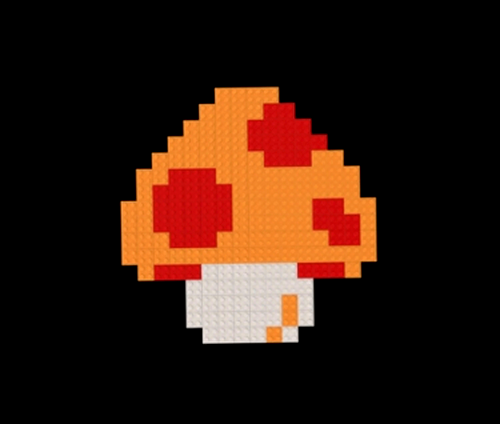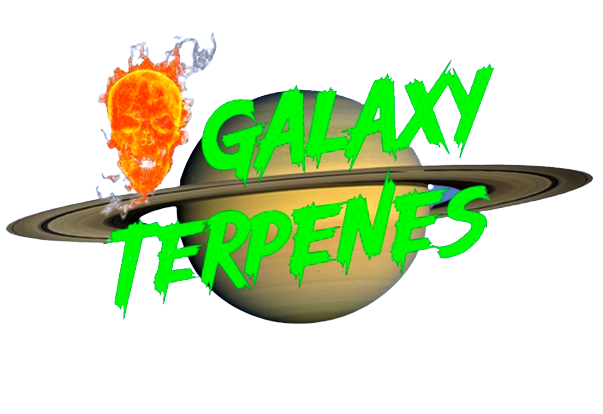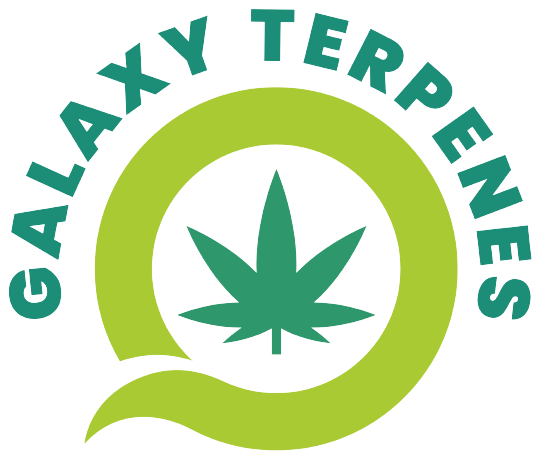

GalaxyTerpenes
Researchers at Hebrew University-Hadassah Medical Center have discovered that mushroom extract containing psilocybin might work better than its synthetic counterpart. Orr Shahar and Dr. Alexander Botvinnik, under Dr. Tzuri Lifschytz and Prof. Bernard Lerer, led the study.
They focused on how psilocybin affects synaptic plasticity in mice. Their findings suggest that natural psilocybin could be more effective for treating psychiatric disorders than synthesized psilocybin.
Many people worldwide suffer from psychiatric conditions that current drugs can’t fix. Depression, for example, doesn’t respond to existing treatments in 40% of patients. Similarly, people with OCD and schizophrenia often don’t find relief with available medications. This unmet need has sparked interest in psychedelic drugs.
The study showed that mushroom extract containing psilocybin had a stronger, longer-lasting effect on synaptic plasticity than synthetic psilocybin. Researchers examined mice’s synaptic proteins and metabolomic profiles in the frontal cortex. The extract boosted levels of proteins linked to neuroplasticity in vital brain areas like the frontal cortex, hippocampus, amygdala, and striatum. This indicates that the extract might have unique therapeutic benefits.
Metabolomic analyses also revealed significant differences between the extract and synthetic psilocybin. The extract had a distinct metabolic profile, linked to oxidative stress and energy production pathways.
These findings offer hope for those who don’t benefit from conventional treatments. The potential of natural psychedelic compounds is becoming clearer, and demand for new solutions is growing. Exploring these drugs could lead to transformative, personalized medicines.
Western medicine has traditionally preferred isolating active compounds for better control over dosages and predictable effects. However, ancient medicinal practices often used whole extracts, including mushrooms. They recognized the “entourage” effect of using the entire product.
The main challenge with natural extracts is maintaining a consistent compound profile, especially with plants. Mushrooms, though, are different. Their compounds are influenced by their growing environment, such as substrate composition, CO2/O2 ratio, light, temperature, and microbes. But controlled cultivation can standardize mushroom extracts.
This research highlights the potential of using natural extracts in Western medicine. The controlled nature of mushroom cultivation makes it possible to produce consistent and effective extracts. Thus, the study underscores both the benefits and feasibility of incorporating natural psilocybin extracts into modern treatments.



